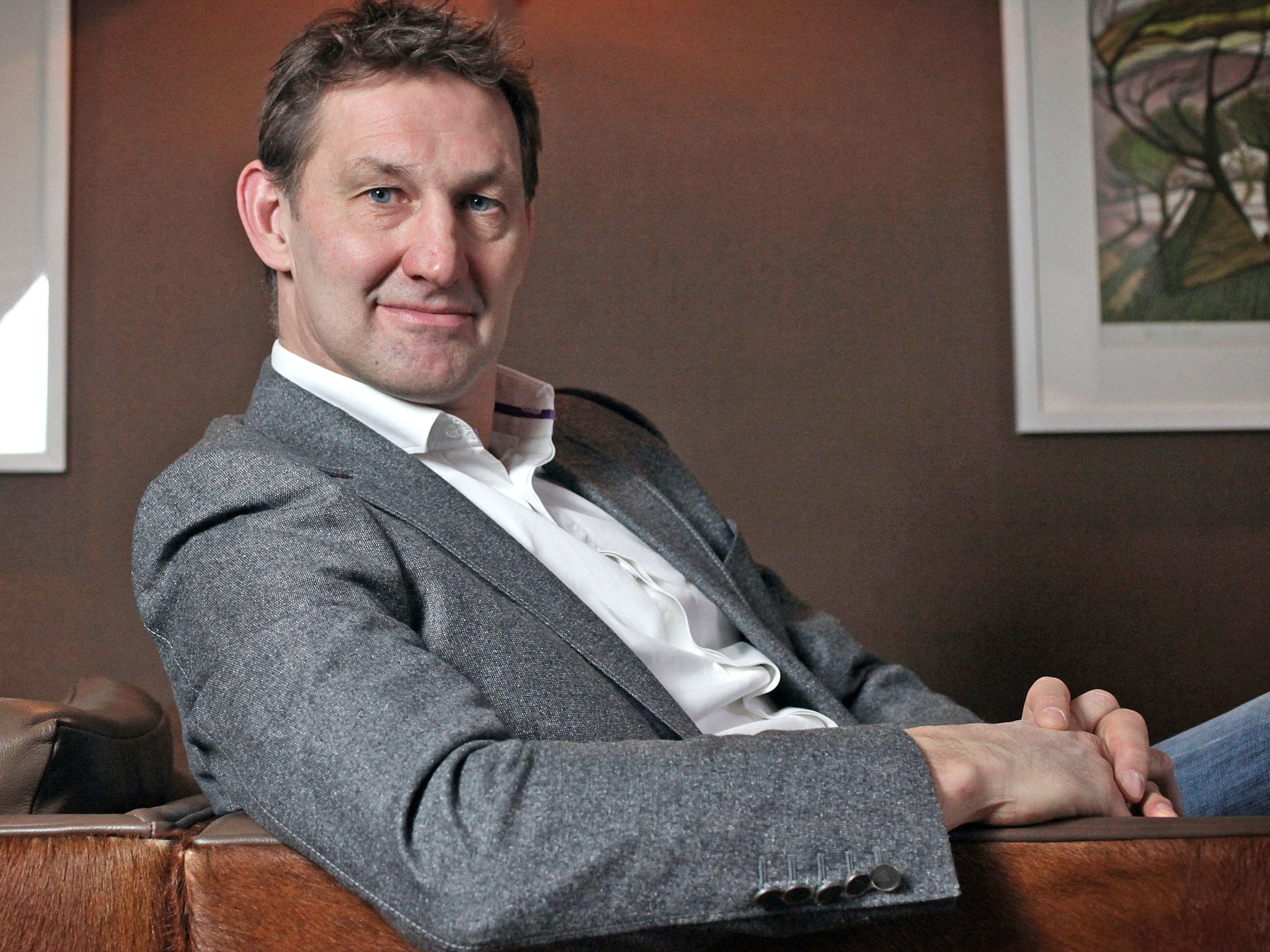Cricket has other players in rehab already

Your support helps us to tell the story
From reproductive rights to climate change to Big Tech, The Independent is on the ground when the story is developing. Whether it's investigating the financials of Elon Musk's pro-Trump PAC or producing our latest documentary, 'The A Word', which shines a light on the American women fighting for reproductive rights, we know how important it is to parse out the facts from the messaging.
At such a critical moment in US history, we need reporters on the ground. Your donation allows us to keep sending journalists to speak to both sides of the story.
The Independent is trusted by Americans across the entire political spectrum. And unlike many other quality news outlets, we choose not to lock Americans out of our reporting and analysis with paywalls. We believe quality journalism should be available to everyone, paid for by those who can afford it.
Your support makes all the difference.Tony Adams has revealed that the Sporting Chance rehabilitation clinic, which he founded, has been treating cricketers.
It has been claimed that Tom Maynard, the Surrey player who died last year on Tube tracks with drink and drugs in his system, was unusual in the extent of his apparent addiction. But Adams said: "We are already putting cricketers through the Sporting Chance Clinic, rugby players, jockeys. Denial is strong in some other associations, but all in good time, when they are ready."
Adams' Hampshire centre offers support for the destructive behaviour patterns of sportsmen and women and is not solely concerned with drink and drugs abuse.
The former Arsenal and England footballer has warned that more help is needed for young sportsmen dealing with pressure, and that the tragic death of 23-year-old Maynard could be replicated.
"There will be situations in football like Tom, unfortunately," Adams said. "You're not going to stop people taking drugs or drinking. Young people experiment. They're curious. They want to see what the world has to offer. It's part of life, it's in our culture. Football just reflects our culture."
Adams said that football was doing well to help struggling players. The Professional Footballers' Association and Sporting Chance have recently put together a network of over 15 qualified counsellors spread across Britain to speak to footballers with issues, and Adams praised the PFA's work.
"The PFA are taking responsibility," he said. "The RFL [Rugby Football League] are taking responsibility. They are recognising it and if you do want help, there are places where you can go now. That's a big change. Sixteen years ago, when I got sober – and this is why I started the charity – I had nowhere to go, no one to talk to, no one to point me in the right direction.
"Certainly in football now, at the PFA now, within one hour they can get someone to talk to you with the network of counsellors we have got."
Adams believes that the high fitness levels demanded of today's elite sports performers mean that any with addictions would not choose alcohol because heavy drinking impairs performance.
"The illness of addiction has got different flavours," Adams explained. "The pressure on top-level footballers is different, you can't abuse alcohol to the levels that I did in my day and still perform at the top level. I think I would have chosen maybe a different substance to abuse rather than alcohol. The guys playing now are different human beings."
Gordon Taylor, chief executive of the PFA, agreed that the Maynard tragedy could happen in football. "We're not immune at all," he said.
Recent events set an example to all sportsmen, Taylor said. "Maynard was considered the life and soul of the dressing room and then you realise there must have been other problems there, with the problems the inquest has shown up and how, in all sports, we need to work hard on counselling and support and be mindful of telling our youngsters coming into the game about the dangers.
"It can be a problem caused by addiction, be it gambling, be it drugs, be it alcohol, or in the fact that a young player may not have made the grade, or has to call it a day through injury; a player who's had a long career and then has his life in front of him.
"The state the world is in these days, everybody is expected to succeed, there's a big celebrity culture and everybody thinks unless they're on top of the pile, they failed. Life can't be like that. That's an impossible situation to cope with. And, yet, that's the pressure that so many people in every walk of life are under."
Join our commenting forum
Join thought-provoking conversations, follow other Independent readers and see their replies
Comments